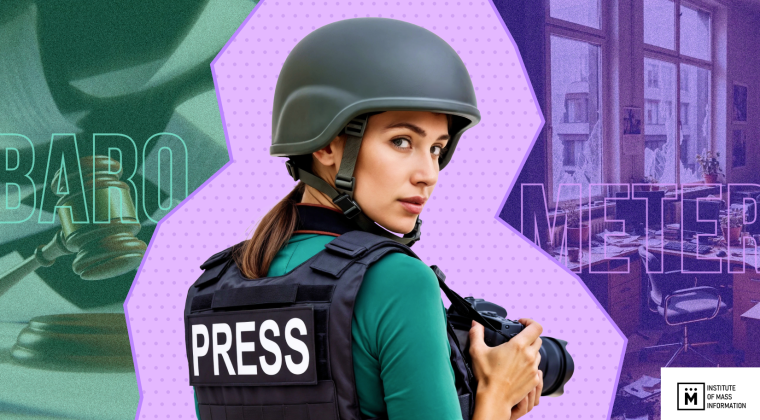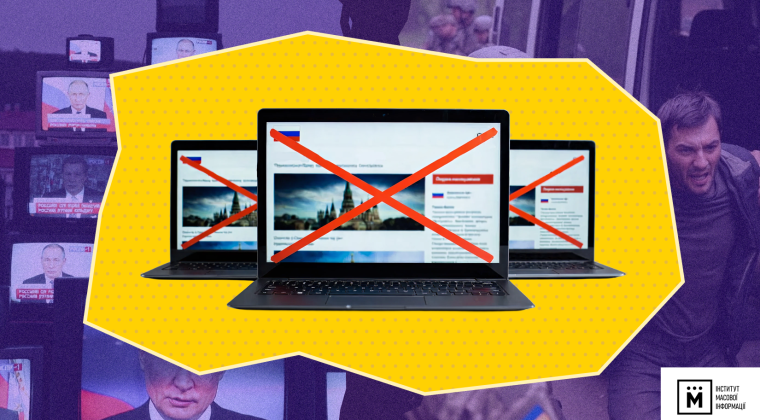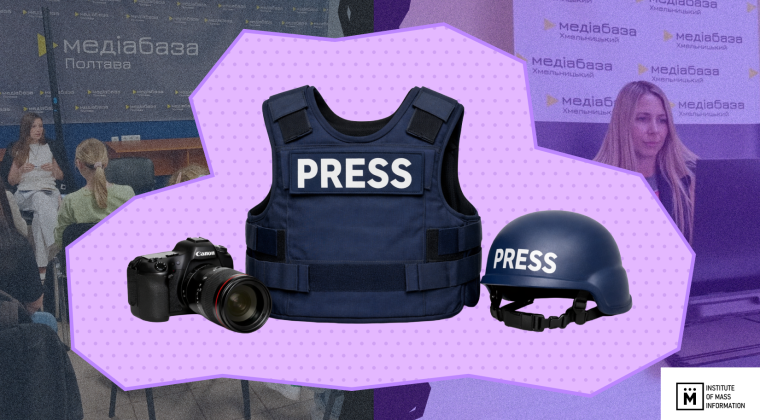Only 28% of the leading national online media made public one’s editorial policies on their websites. In particular, these are such media as: Ukrayinska Pravda, RBC-Ukraine, NV, Liga, Radio Liberty, Suspilne, Babel, Obozrevatel, Channel 24, UNIAN, Telegraph, Glavred, Economicheskie Novosti and Depo.ua.
The Institute of Mass Information goeson publishing the results of its study of the transparency of the 50 most popular Ukrainian online media. The first part of this research (on the publication of contact details of the editorial office, the names of the head and owner) here.
The study found that 33 editions included to the sample (equals 66%) failed to publish its editorial policy (or even they don’t have it), and three others (6%) made public only fragments of the editorial policy.
Compared to last year, the following editions have improved their transparency by publishing editorial policies on their websites: NV, Liga, Suspilne, Obozrevatel, Channel 24, UNIAN, Telegraph.
Editorial policy, this is a description of how the media creates one’s content, i.e. how in practice it sees the implementation of professional standards of journalism (completeness, balance of information, separation of facts from comments, verification of sources and references, impartiality, correction of errors in materials, etc.). The assertions like “we are the independent media”, “we write about women / men / culture”, “we try to promote democracy / fight corruption”, etc. cannot be considered a description of editorial policy, because these phrases do answer the question of what kind of media this is or why it works, but it does not answer the question of how they do create its content from a professional point of view. The independence of the media from external influences does not guarantee the impartiality of its materials. Notionally, the media can declare that its editorial policy is the Code of Ethics of the Ukrainian journalist or, conditionally, the editorial guidelines of the BBC, but so far there has been no such precedent. It is obvious that each media has its own specificity, which is reflected in the editorial policy, if any, and so each is individual. We assume that there are some media which dispose of the editorial policy, although they didn’t published it, but we studied their transparency, respectively, all media without published its editorial policy was scored by “0” points. If a full-fledged editorial policy was published, this is “1” point, and in the case when only some minimal wording was published on the site,they got “0.5”. All media which didn’t published its editorial policies received “0” points. If a full-fledged editorial policy was published,this was “1” point, and in the case when only some minimal wording was published on the site – “0.5”.
Please note that from year to year IMI monitor not the same 50 online media, but the 50 most popular online news media that produce their own news content. That is, these are the top media that are monitored, and from year to year, some media may fall out of the list and some may be added.
Last year, only 8 out of 50 (ie 16%) media were completely transparent in terms of editorial policies and 2 media (4%) formulated minimum of its editorial policies (considered as partially transparent). No editorial policies were published last year in 80% of the surveyed media, which is clearly more than the current figures of 66%. That is, there is an improvement in the transparency of editorial policies, but it can be due to two factors: both increased transparency of specific media and the fact that the audience may prefer more transparent online media, making them more popular, which makes them get in our study.
A number of media outlets allegedly have reditorial policies, but in reality they do not. For example, there is a separate editorial policy page on Zakhid.NET, but its content is not the editorial policies according to its essence, which we described in this text above. The Ukrainian BBC service on its website contains a brief description of the editorial policy, which refers to a number of documents on the main site, ie the British Office of BBC, where everything is in English, but a number of links do not work . Given this, the Ukrainian service of the BBC received 0.5 points for the transparency of editorial policy, as last year.
We remind you that the following 50 most popular media were analized according to Similar Web: Pravda.com.ua, Korrespondent.net, Rbc.ua, Censor.net.ua, Nv.ua, Gordonua.com, Liga.net, Zaxid.net, Unn .com.ua, Radiosvoboda.org, Espresso.TV, Ukrinform.ua, Bykvu.com, Slovoidilo.ua, Hromadske.ua, Zn.ua, suspilne.media, Babel.ua, Tsn.ua, Obozrevatel.com, 24tv .ua, Politeka.net, Znaj.ua, Unian.net, vgolos.com.ua, Segodnya.ua, Gazeta.ua, Glavcom.ua, vesti.ua, Ukranews.com, telegraf.com.ua, golos.ua , Kp.ua, Apostrophe.ua, Hvylya.net, From-ua.com, prm.ua, Interfax.com.ua, glavred.info, Fakty.ua (newspaper site), Comments.ua, Focus.ua, antikor .com.ua, Ictv.ua, Podrobnosti.ua, Bagnet.org, enovosty.com, www.bbc.com/ukrainian, racurs.ua, depo.ua. The popular sites were not included in the study if they were just news aggregators that did not post their own news, foreign media or access to them was blocked as a sanction by presidential decree.
In the following, we will also talk about the transparency of the leading online media in terms of their finances and the indication of sources / authors of photos in the materials.



